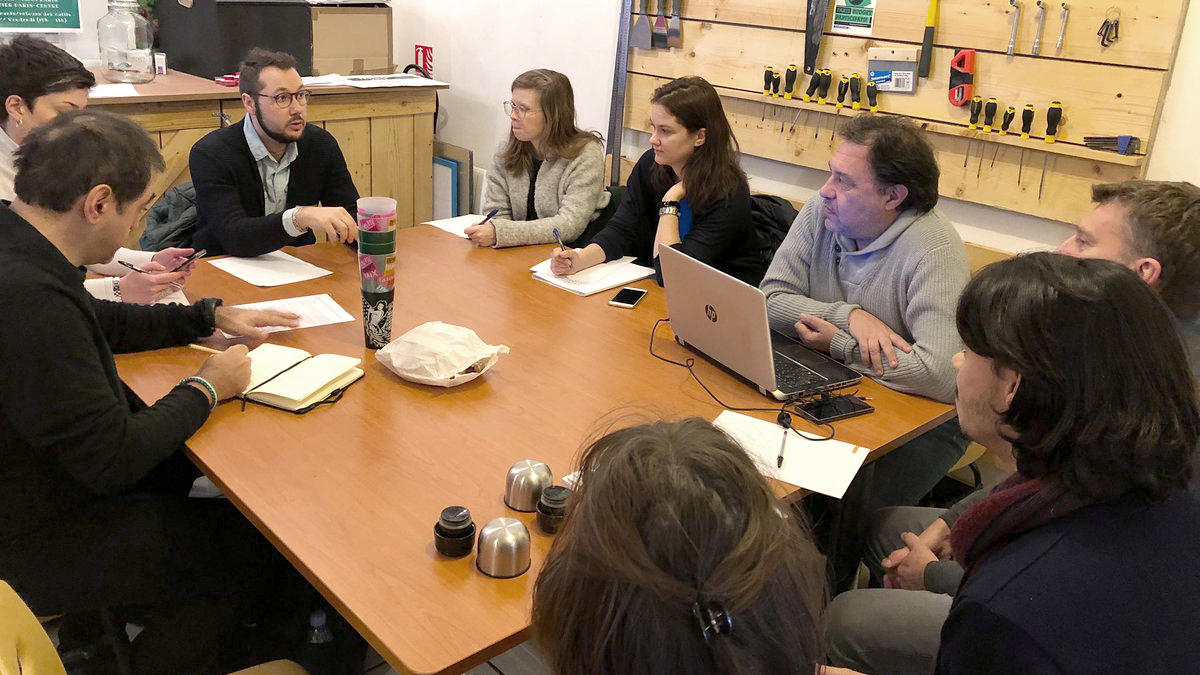
In our current society, we are forced to live fast.
Capacity to adapt and transform is needed to follow the quick changes of politics and technology, of our
society and thus markets. But where does this speediness come from?
Partially, from consumers: it is of them to express desire for things to be always new and innovative, for them to enlarge the horizons of their spheres of understanding.
It is important then for the actors providing goods and services, whether private or public, to not be left behind and change quickly.
This does not spare the agricultural sector, which competitiveness is extremely high.
The University of Foggia, taking the lead of the eTOMATO project, is also the coordinator for another H2020 project on the name of SKIN – Short supply chain knowledge and innovation network, more info at www.shortfoodchain.eu – focusing on the importance and innovation provided by Short Food
Supply Chains (SFSCs) across several actors involved in the food system. SFSC are closely connected to Multifunctionality of farms, as they both a) mainly relate to small farmers and b) foster the adoption of innovative solutions to enhance farms’ market profitability.
The SKIN project is in its final year, and thus gathering the results of studies and investigations conducted throughout the years and started disseminating them with workshops and conferences. One has been the workshop recently held in Paris in which it has been discussed the role of Consumers and Society have on SFSCs.
Some questions that have been posed through the workshop are: How can SFSCs adapt to new society and consumer trends? How can SFSCs be resilient and adapt to the evolution of the population? How can consumers take the power and participate in the creation of SFSCs suiting their needs as well as producer’s needs (CSAs, consumer owned supermarkets)?
It is clear that to address this question one should have a close-up of the single countries, as the realities lived from those are specific, often related to the historical, geographical, societal features.
It is true nonetheless, that multifunctionality is an important tool of empowerment and income security for the very small farmers: the idea of not putting all “your eggs into a basket” can be exemplified by the many Best Practices SKIN brought to light in the project. For example, apple producers in the Netherlands offering guided tours of their premises; community gardens in Paris providing employment to those out of the labor market; Hungarian mansions creating workshop opportunities with the local materials they can resource directly.
Being able to pool from different skills and activities, not only enhances the attractiveness of the agricultural businesses: but it also increases the resilience to changes especially small farms might suffer of with less capacity of directly restructuring their whole business all over again.
In conclusion: multifunctionality, better for the producers, better for consumers!


